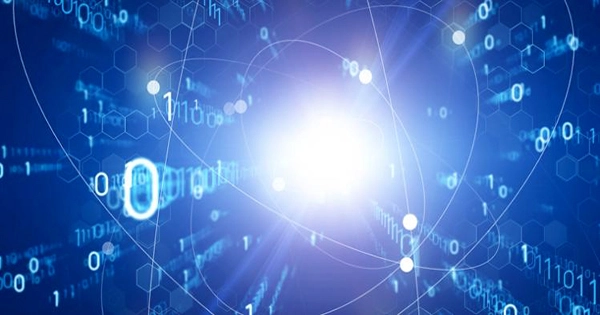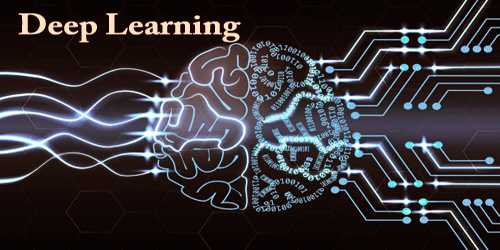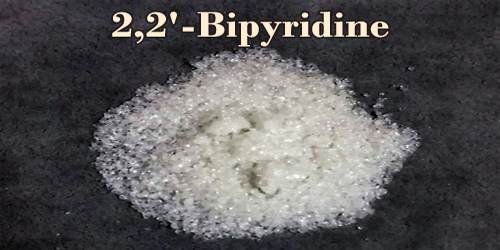The simulation theory is a long-held notion that claims everything we know and love is really a component of an elaborate computer simulation. It is a worldview that assumes everything we know is a hologram created by a sophisticated virtual reality. A theoretical physicist is now attempting to test this idea and determine whether it is true or false.
A frequent misconception is that the entirety of our universe is merely a simulation, Melvin Vopson, a senior lecturer in physics at the University of Portsmouth, said in a piece on The Conversation. According to this simulation hypothesis, algorithms and computer equations are responsible for everything that occurs.
Though it may seem absurd, the hypothesis is actually backed by information physics, a separate field of study. According to this branch, matter and space-time are only details that make up our physical universe, not basic entities. According to simulation theory, our perception is caused by this knowledge.

That can encompass not only the actual world but also concepts such as temperature, how we perceive the environment, etc. It’s an intriguing notion that has been around at least since John Archibald proposed that the universe is primarily made up of information in the 1980s. However, if simulation theory is accurate, how might we demonstrate this?
Vopson said that among the tests we could carry out is seeking a fifth sort of matter. According to Vopson, the informational fragments that make up our world would go into this fifth kind. There is also the notion that this idea was already debunked by scientists in 2017. Simulator theory was, regrettably, not entirely refuted at that time.
Vopson also advises that we consider scanning for accumulating computational mistakes. Errors that may point to the potential that the simulation theory is true and not made up.
It’s a big shot in either case, but if information physics researchers can demonstrate such a thing, it would fundamentally alter the way we perceive the universe.












